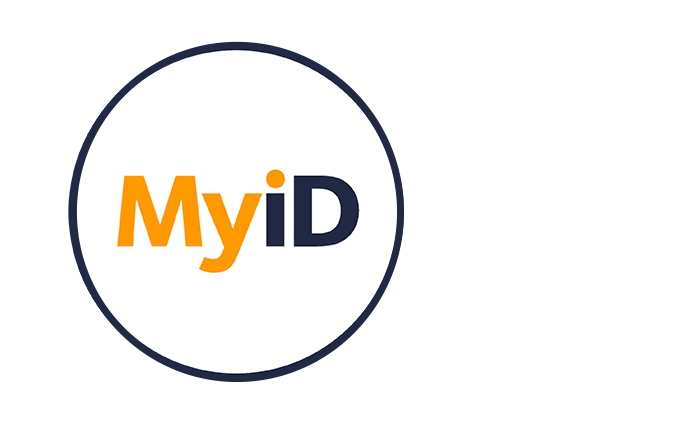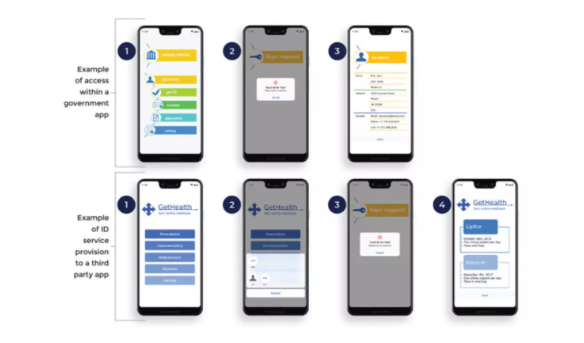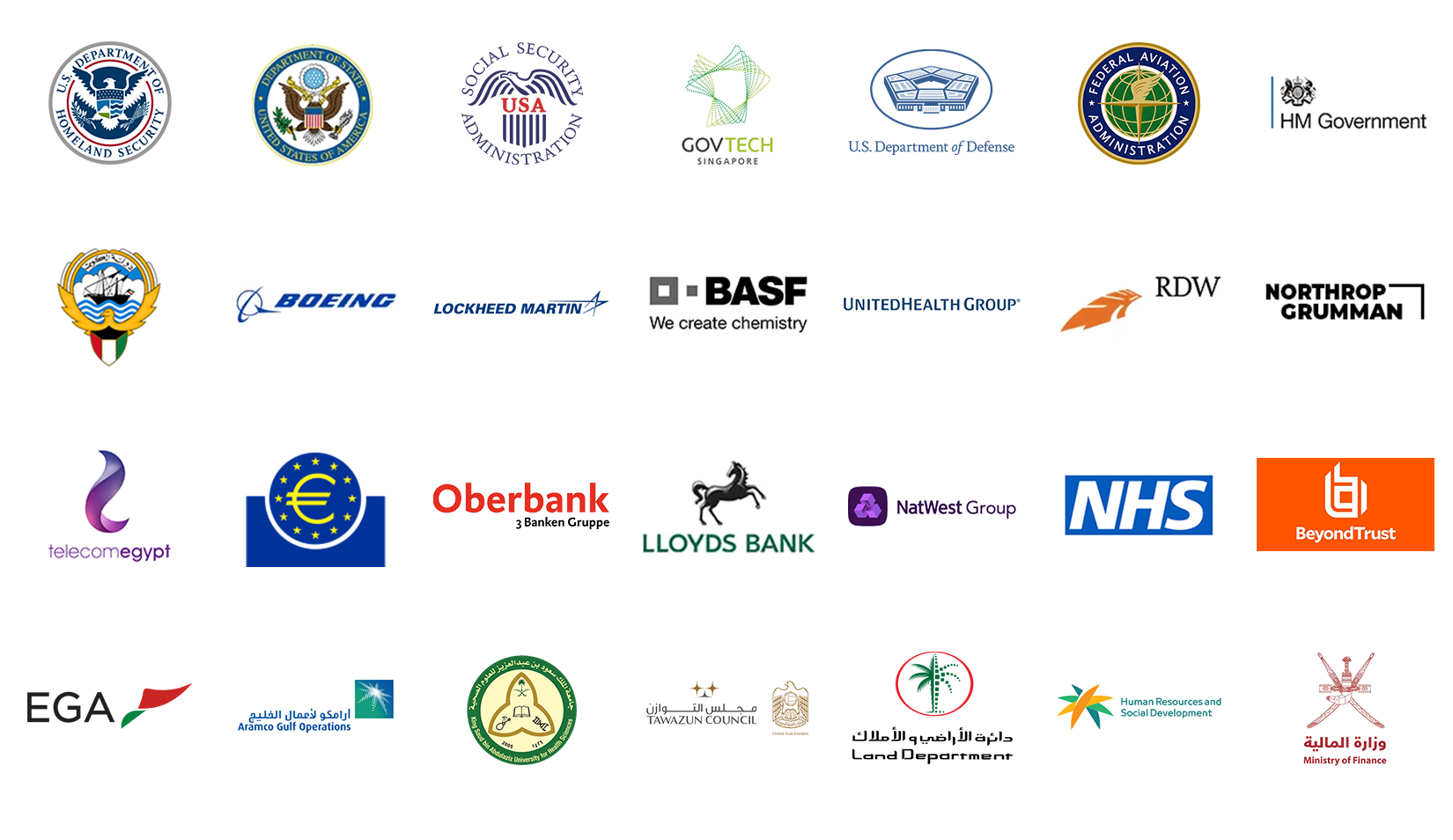
MyID helped Middle Eastern country take national ID from smart cards to citizen mobile devices
A Middle Eastern state had already successfully deployed a smart card based national ID scheme to citizens and residents. As part of a process of digital transformation, the government wished to enable citizens to access digital services directly from their own mobile devices. A key requirement was to simplify citizen access to services while maintaining the highest security standards.
THE CHALLENGE
The government specified a number of strategic goals of the mobile national ID solution:
- Mobile - The ID should be contained within a government app and should work on any citizen mobile device.
- PKI - A certificate from the existing national PKI should be used to identify citizens.
- Low impact deployment -The issuance should be a low operational cost, reuse the existing infrastructure and bind the mobile ID to the existing smart card based eID.
- Usage policy - The government wanted control over the use of an additional second authentication factor including PIN, fingerprint or facial ID.
- ID Provider - the government app should be capable of providing a citizen authentication service to third parties such as banking or healthcare providers.
THE SOLUTION
- Mobile – The MyID mobile SDK was embedded within the government app, enabling ID usage on citizen iOS and Android device.
- PKI – The mobile SDK connects back to the MyID server which is in turn connected to the national PKI, taking care of key generation and certificate delivery.
- Low impact deployment – Citizens authenticate themselves with their eID card at one of the existing citizen self-service kiosks, the mobile certificate collection is then triggered by scanning a QR code displayed on the kiosk ensuring the right people get the correct mobile ID.
- Usage policy – The mobile SDK supports PIN, fingerprint and facial ID and provides policy control enabling the government application to decide which can be used for which operation.
- ID Provider – The mobile SDK provides a simple standards-based interface enabling third party apps to call into the government app to identify a citizen on their behalf. Ensuring the digitally signed authentication occurs within the government app maintains the security of the digital Mobile ID and avoids the need to share keys between applications.

THE BENEFITS
Trusted by Governments and Enterprises Worldwide
Where protecting systems and information really matters, you will find Intercede. Whether its citizen data, aerospace and defense systems, high-value financial transactions, intellectual property or air traffic control, we are proud that many leading organizations around the world choose Intercede solutions to protect themselves against data breach, comply with regulations and ensure business continuity.

